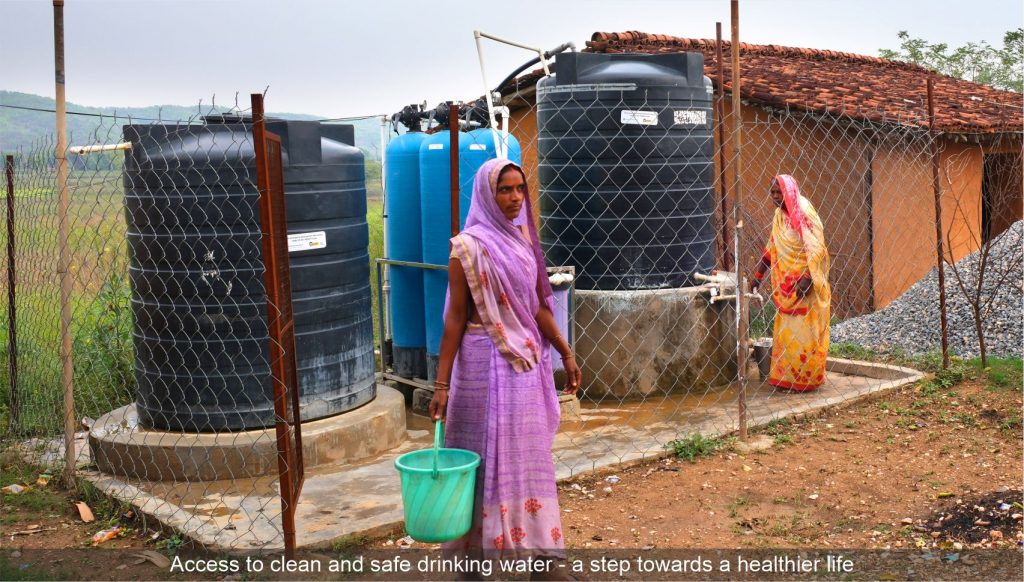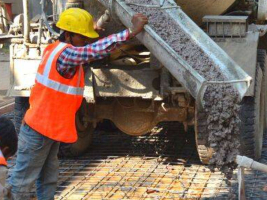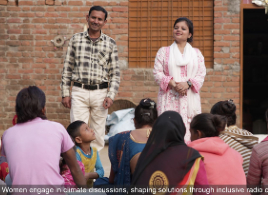The Paradigm of Technology: Innovate or Incubate

India is home to some of the earliest and greatest inventions in the world, which started and flourished under the Indus Valley Civilisation. Among the greatest innovations were the technologies for producing pottery and burnt building materials in Mohenjo-Daro, efficient water harvesting and conservation systems in Dholavira, and other tools and techniques that improved the quality of life. During that time, the Indus Valley Civilisation introduced pubic litter bins at street junctions for garbage disposal as well as inscription-based signboards. Over the centuries, these innovations evolved into technologies for agricultural products, construction, and civil engineering, including architecture, textiles, medicines, and machinery. All of these advancements contributed to leading a healthy and dignified life.
Thus, we have a ‘little bit of technology in everybody’s life’. Without technology, progress would be nearly impossible. From space technology and satellites that improve communication to mobile phones that help us stay connected, and superfast trains and aircraft that facilitate travel, we cannot envision a world without technology and innovation. India is home to some of the largest education and innovation ecosystems in the world, with many of our universities and institutes engaged in cutting-edge developments. Despite being at the forefront of innovations, we still find that the Nobel Prize in chemistry, physics, or even medicine continues to elude us. This merits an important question: are we innovating, or are we more into science for application?
At Development Alternatives, we believe that innovation is the profitable implementation of creative ideas – the essence and foundation of technologies. To us, technology is not merely developing a new product, but the process of developing the product. We believe that through technology, we can create a change that introduces a new dimension of performance in products, techniques, services, or even business practices. It is not only the material part of it, but the processes and ecosystem that drive the change.
In recent years, we have adopted technologies that have helped us create a difference in people’s lives, particularly in the areas of water, building materials, waste utilisation technologies, and data science. Our technology for purifying contaminated water and making it accessible to rural India has helped people to improve their health and well-being. The technology of using fuel-efficient cook stoves has helped reduce the mortality of infants. The technology of producing fibres and liquid fertilisers from banana pseudo-stem has enhanced the value of these materials, which were otherwise left to rot in the villages.
Our integration of selective mechanisation in terracotta pottery production has helped reduce the drudgery of work and improve productivity without compromising the traditional knowledge and skills of potter families in remote villages of the Northeast. Similarly, our technology of valorisation of biomass waste and turning it into green briquettes and pellets has helped reduce carbon emissions from brick firing and foundry units. There is now a growing interest amongst thermal power plants to use these biomass pellets in reducing coal consumption in thermal power plants. Technologies have also been developed to reduce wastewater generation in villages and promote its productive use. The principal idea is to bring in the virtues of cities and towns to villages and make the villages a healthy and liveable habitat.
While these may not be space technologies or cutting-edge defence systems, they are the backbone to a resurgent India and Viksit Bharat.
The views expressed in the article are those of the authors and not necessarily those of Development Alternatives.
This blog first appeared as an editorial in Development Alternatives Newsletter May, 2025 https://devalt.org/newsletter/77-celebrating-national-technology-day






Leave a Reply